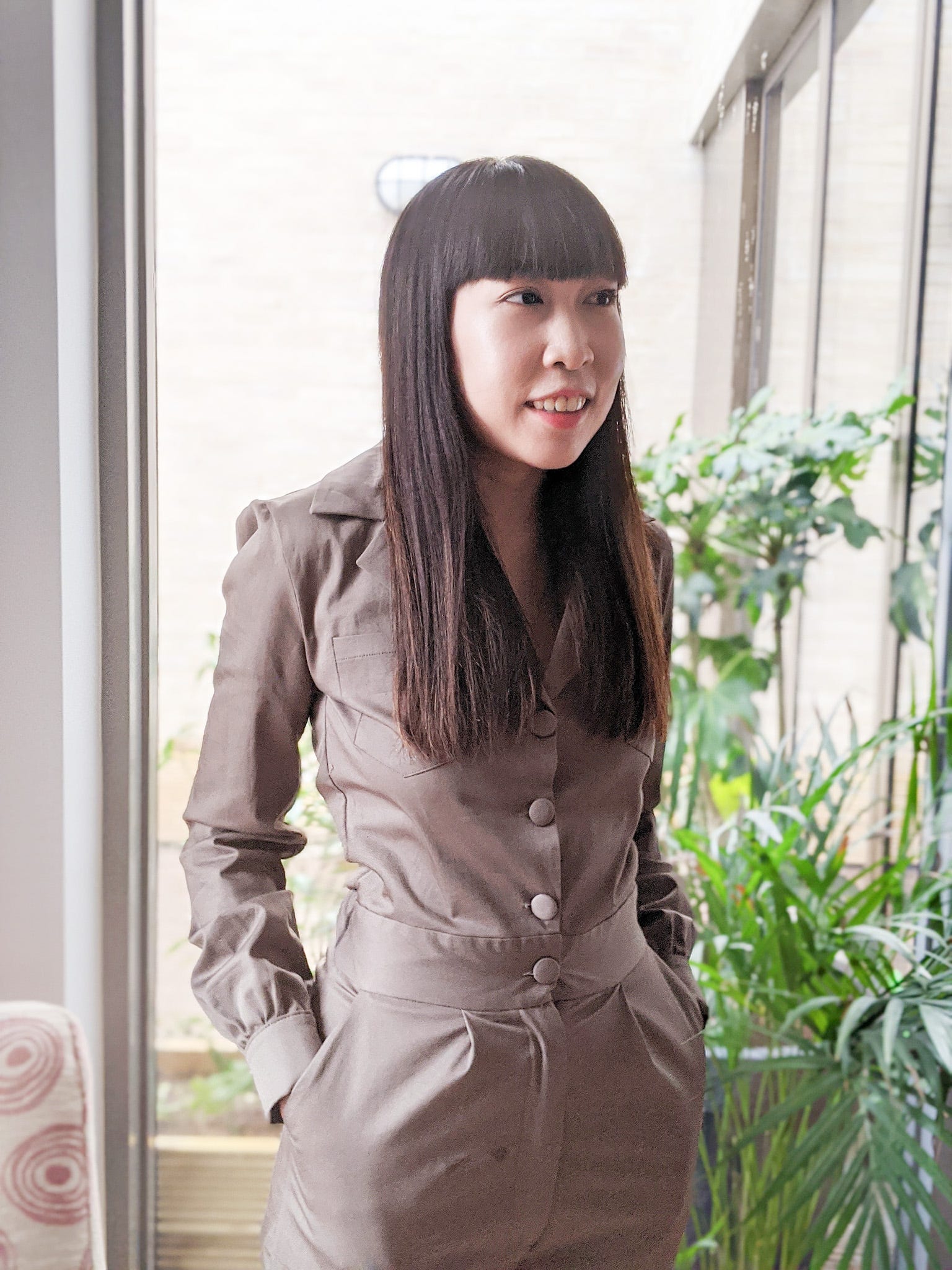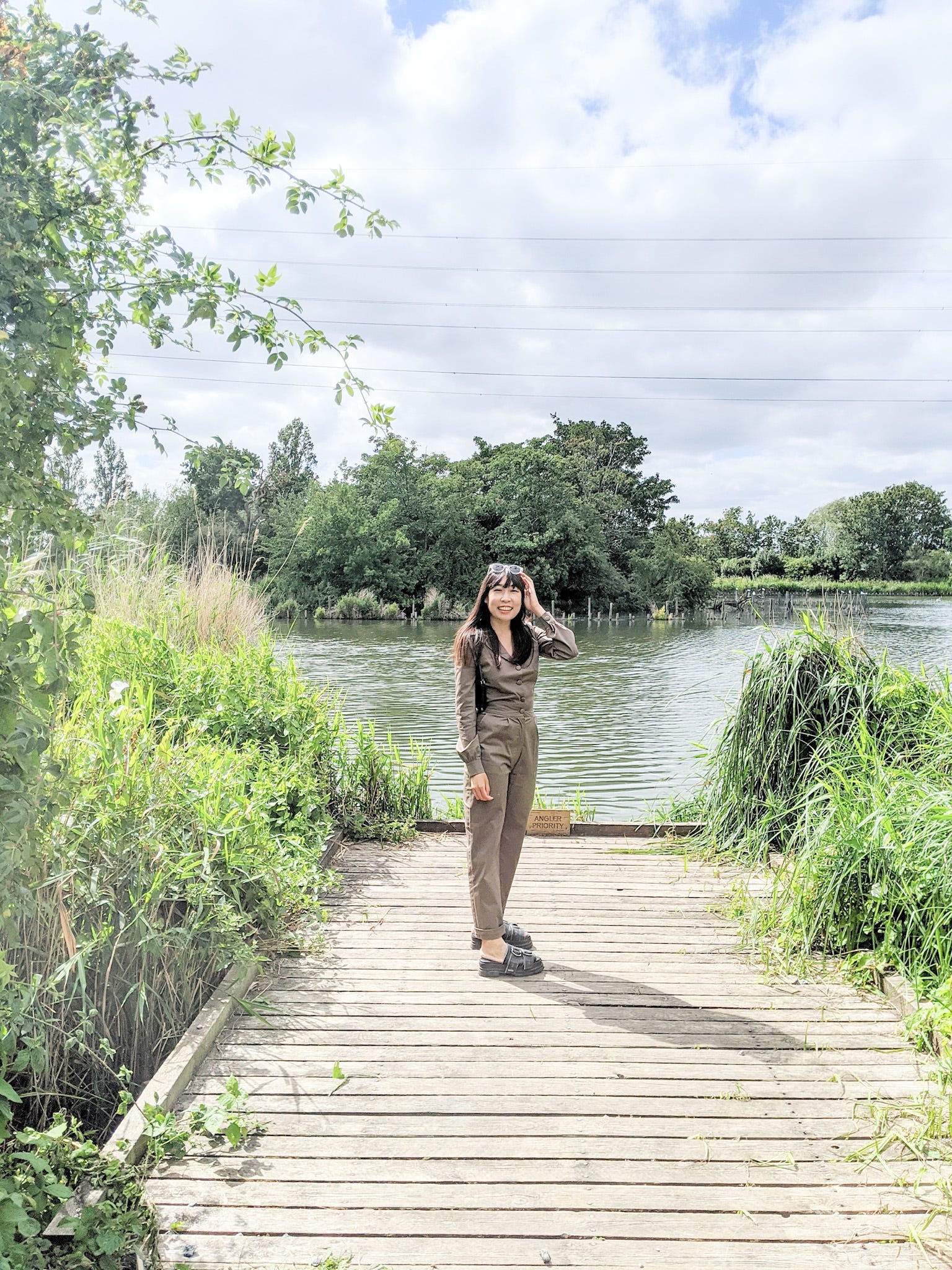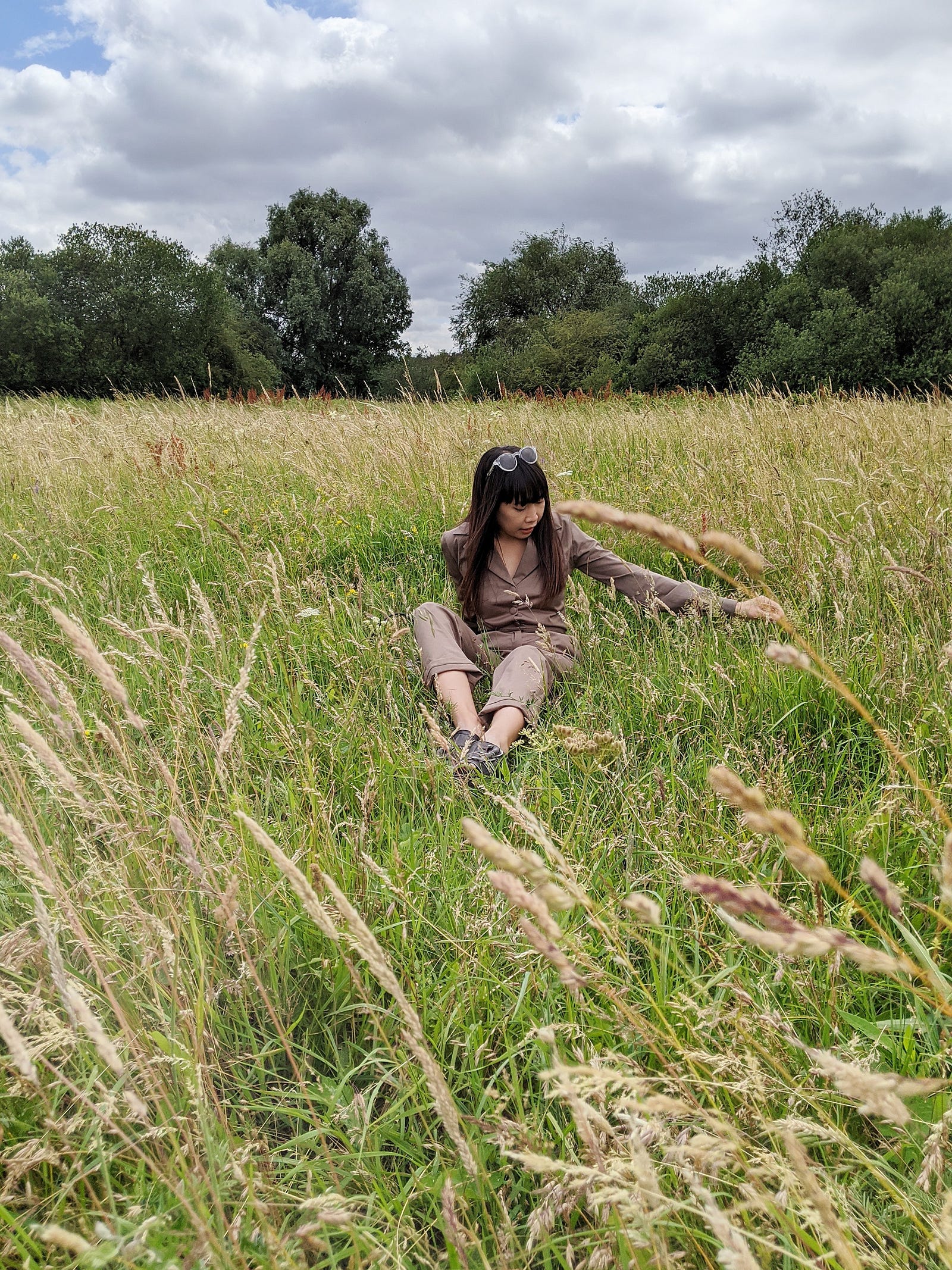It wasn’t that long ago when fashion media was a one way street, as publications like Vogue covered just the editorial side of it with beautiful spreads of photoshoots and countless of to-buy lists splattered across magazine’s pages. But this type of reporting, although pleasing to the eye, didn’t really paint the whole picture about the industry. Instead it made it look like a superficial playground for the rich and the privileged. So it wasn’t until 2007 that the industry started to gain respectability due to the riveting articles published by a blog called Business of Fashion. They were insightful, full of some serious investigative journalism that dug deep into the very core of the business side of it. Written by brilliant writers, these carefully crafted features, in just few years, managed to unlock the illusive world of fashion that’s been closed to the wider audience for so long and so naturally they captured readers attention almost immediately. Among one of those prolific writers who spearheaded the transition was the briliant Kati Chitrakorn.

Kati Chitrakorn, fashion journalist wearing The India Jumpsuit by Bastet Noir, custom-made for her
Kati began her career as an intern and worked her way up from writing stints for British Vogue to becoming a full time reporter at Business of Fashion. Her dedication and hard work had catapulted her to become one of the most relevant and influential voices within the fashion industry. Her articles are well written, insightful and informative so much so that they’re the first thing our team reads in the morning. To us, as I believe is the case with so many small fashion businesses across the globe, these articles serve as guidelines to navigate not just these challenging times, but business in general. We’re so honored and humbled to have her be a part of our Cool Faces of Bastet Noir series. So read on as we talk with her in depth about how London became her home, her views on digital and made-to-order fashion and her advices for anyone who wants to follow her footsteps.
Who is Kati Chitrakorn?
Hardworking, loyal and maybe a bit too much of a perfectionist! I don’t know how much I believe in star sign personalities, but as a Libra, I can’t help but strive to create equilibrium in all areas of my life. Born in Thailand and raised in Hong Kong, I often felt a sense of otherness, coupled with a longing for acceptance and a better life. Moving to London, aged 17, was one of the best decisions. Today, I feel more self-assured and comfortable in my own skin, and have found myself a home here.
What’s your morning routine like?
I wake up around 7:30am and drink a cup of hot water with lemon first thing in the morning. I sometimes wake up feeling a bit dehydrated and that can help energise me. Then I spend about a half an hour reading the morning news and checking my emails for any important messages, before going for a run. I complete a 6k run almost every day; it really helps to stabilise my mood and clear my mind, which is important ahead of a busy day.
Your career is impressive, having worked for many influential fashion media, like BoF, where you helped launch the Business of Beauty, and WWD. What was your first job and how did you get from there to becoming retail and marketing editor? Any tips and tricks for those who want to follow in your footsteps?

Thank you! I feel like I have barely scratched the surface of what I want to achieve. After graduation I was offered editorial internships at Net-a-Porter, Showstudio and The Independent. These were all such different experiences: one is an e-commerce site, the other is a multimedia platform, the last is a national newspaper. I didn’t know exactly what I wanted to do, but I knew that I was fascinated with the industry and the people who worked in it.
One day, with a stroke of luck, I got a job on the fashion desk of the International New York Times, where I reported to fashion editor Suzy Menkes. It was my first real foray into the world of fashion and I was fortunate to have one of the best mentors in the business. I was able to really cultivate a contacts book of industry sources, and for the first time, I knew that I wanted to write for an audience.
After that I did stints at British Vogue and WWD, before accepting a full time job as a reporter at The Business of Fashion, where I was really able to develop my analytical thinking and reporting skills. I learned how to read earnings reports and be a business reporter, which was really valuable. It wasn’t always easy, but it was a learning experience I’ll never forget.
I am grateful to have been given this opportunity to write about topics I am passionate about and to be able to work alongside a hardworking team of reporters and editors who care about good reporting and are as curious about the fashion industry as I am. I think that’s what makes a good journalist: dedication, objectivity and a genuine interest in why things are the way they are.
As a journalist who’s reporting on fashion’s latest trends, what’s your take on digital fashion? Do you think it has a future, or is it just a passing trend?
While selling digital clothing at luxury prices is yet to come, it’s an intriguing method for a brand to experiment with technology, engage with customers and cater to both Instagram culture and sustainability. The popularity of mobile games have proved that customers are willing to spend money on digital assets. This unprecedented time we are in — where consumers are seeking inspiration and escape online — provides a fertile atmosphere for fashion designers to test concepts beyond games and apps. As people live and display more of their lives online, digital fashion will gain more importance in the years to come.
COVID 19 has really disrupted the retail industry. As a label that makes made-to-order and made-to-measure items, we’re curious to know what’s your opinion on this particular production model? Do you think the pandemic will influence the way we produce clothes and maybe change the entire production cycle in the fashion industry? Or are far from seeing that happening?
The made-to-order business is a smart model that more companies should consider because it reduces levels of surplus stock and ensures minimal waste. Brands that offer this kind of on-demand production have carved out a role for themselves as a slower, high-quality alternative to mass retailers, and I believe that resonates at a time when customers want more personalisation and are also making more considered purchases. Scaling this kind of business may be a bit more challenging, but ultimately, brands are forging a unique relationship with their customers and are delivering something that the high street or contemporary fashion can’t.

Three things you wish you knew before starting out…
1. Read — lots! As a child I loved books and constant reading helped enhance my vocabulary and taught me how to better express my thoughts and ideas. Books are such a rich source of information and are so important for cognitive and emotional wellbeing in a way that scrolling on social media platforms isn’t. Read widely, too. Read great writing that has nothing to do with fashion.
2. Don’t beat yourself up if you don’t know exactly what you want to do. I discovered who I want to be and how I want to work through lots of experiences. But even now, my goals are still evolving. It’s a constant process. Don’t get locked into a set idea of what you need to do or where you need to go next in order to be successful.
3. Some things are out of your control. Timing is everything and the right opportunities might not always be there. I’ve learned to not mull over things that I have no ability to change, but to make the most of what I am able to control. Just remember you are only a piece of the puzzle, and therefore can only manage your own actions while you try to navigate. Keep learning and write constantly. It’s the best way to get practice.
Biggest failure/setback in life and what you’ve learnt from it?
One of the hardest things I’ve had to learn are which bridges to cross and which bridges to burn. 2018 to 2019 was a particularly tough year. For months I was fraught with insecurity, abuse and anxiety-induced panic attacks. Most of the time I just wanted to cry. I had no energy. I was terrible company.
Slowly, things got better. After some time off work and constant care from my closest friends, I came back with a completely different perspective: that nothing is ever as important as one’s health and peace of mind, and that if I don’t enjoy doing something or if I am not being treated properly, I should walk away. Some people feel entitled to your time, but your time is yours to manage.
I’m learning to be kinder to myself and to the people who have not only been supportive of me but helped me to get better, rather than let me bask in the comfort of my bad habits. You can’t change the past but you can take responsibility and decide to move forward despite what happened. My priority now is to protect my energy by being present and in ways that I can handle, and choosing the people who chose me.
Books that changed your life
“Quiet: The Power of Introverts In A World That Can’t Stop Talking” — The author relays how the Industrial Revolution led to the rise and subsequent prioritisation of the extrovert, and how that could mean missing out on what introverts have to offer. The book challenges collaboration idolisation and group-think mentality, while making a case for autonomous thought and alone-time as the engines for creativity. There is no correlation between the loudest talker and the best ideas.

Kati Chatrikorn, fashion journalist wearing The India Jumpsuit by Bastet Noir, custom-made for her
“The Outsider” — The book explores the alienation of Meursault, an individual who doesn’t conform to social norms. He is unable to show his emotions simply to satisfy the expectations of others. One of my favourite parts is when an apparent lack of true justice is seen following the trial when Meursault wonders how it is possible to judge someone truly, if there are so many factors that can influence our behaviour? Whether society condemned Meursault or not, it made no difference.
“An Education” — I will admit that I watched the film adaptation of Lynn Barber’s memoir, starring Carey Mulligan, before I read the book. I loved both. The book breezes through the stations of Barber’s quite unusual life, from being an only child in a family of “first generation immigrants to the middle class” to going to Oxford and establishing herself as a journalist. Her affair with con-man Simon is particularly fascinating; the experience cured her for any craving for sophistication and taught her not to trust people.
Favorite female empowerment speech
I love this line from Virginia Woolf’s A Room Of One’s Own: “Lock up your libraries if you like; but there is no gate, no lock, no bolt that you can set upon the freedom of my mind.”
What’s in your Bastet Noir cart?
I like unfussy pieces that are wearable all day, so the India jumpsuit is top of my list. Boiler suits are effortless and flattering, and the fact that it’s made by single female parents and women entrepreneurs is all the more powerful.

If you liked Kati’s story, there’s plenty more to come, just hit that sign up button to get in our inner circle of coolness and never ever miss a thang.

Let’s ask ourselves the following question: What separates an impactful business from one that merely exists? The answer would be pas...
COOL FACES OF BASTET NOIR: Meet Nathalia Grisard, Founder of Activewear Brand gngr bees

Stepping outside your comfort zone and embracing the unknown can be one of the most daun...

